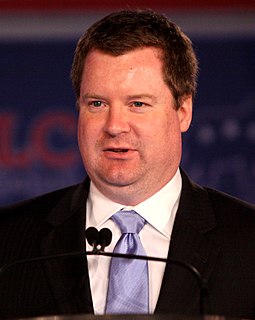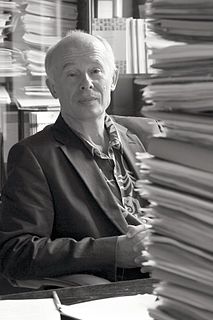A Quote by Evan Bayh
As with any difficult challenge that the public and policymakers face, there is no single solution or silver bullet that will serve as the answer to how the United States works to reduce carbon emissions.
Related Quotes
Common sense, to me, is simple. And I've never understood why there aren't a lot of people trying to figure out how the United States became this special place and then try to replicate it around the world, because that's the solution to the human condition. The solution to poverty, the solution to misery, the solution to backwards living is the United States of America. Why not learn how that happened, learn why and how we happened. What is it that made it special?
I think the Caribbean countries face rising oceans and they face increase in the severity of hurricanes. This is something that is very, very scary to all of us. The island states in the world represent - I remember this number - one-half of 1 percent of the carbon emissions in the world. And they will - some of them will disappear.

































